
Public opinion analysis on Prigozhin a day BEFORE the coup attempt
Introduction
{{margin-small}}
After the mutiny and turbulent events in Russia, Evgeniy Prigozhin, an influential figure in Russian politics, has garnered significant worldwide attention. In this report, we delve into the opinions of Russians regarding Prigozhin and explore his prospects in Russian politics. Fortunately, we were able to gather this data on June 22nd, just one day before his "march for justice" took place. As a result, we will have the opportunity to reexamine the shifts in attitudes towards him within a few days.
{{margin-big}}
Executive summary
{{margin-small}}
- While Prigozhin garners significant interest, it is important to note that the majority of Russian respondents view other politicians as more suitable candidates for the presidency. Only 21% of Russians believe that Prigozhin is "capable" or "somewhat capable" of governing Russia. This places him in a similar rating range as Defense Minister Sergey Shoigu (22.51%) and Vladimir Volodin (12.84%), with President Putin enjoying a substantial 73.11% rating.
- Gender, age, level of education, federal district, and type of residence do not seem to significantly impact Russians' sentiments toward Prigozhin. Support for all potential presidential candidates correlates positively with support for "special military operation" and personal readiness to engage in war. Surprisingly there is a higher proportion of the "anti-war" oriented respondents among Prigozhin's sympathizers, whereas Putin's supporters are the most "pro-war.”
- Respondents perceive Prigozhin as a determined, dominant, and efficient individual. Still, they also appreciate kindness, compassion, and intelligence in their dream-like president. In comparison to their preferred choice, respondents perceive Prigozhin as more cruel and less kind and compassionate.
- Prigozhin has successfully crafted an image of someone who cares for his supporters and portrays himself as the “people's hero”, positioning himself in opposition to the elites. This narrative resonates with a considerable number of respondents, enhancing his appeal.
- Notably, a significant portion of respondents provides average responses, indicating the absence of a clear stance on Prigozhin. This suggests the recents events could've caused both an increase in his popularity and the formation of a negative perception. The future dynamics of Russians' attitudes toward Prigozhin depend on several unpredictable circumstances. However, his status as a recognizable populist figure has already attracted a substantial following.
{{margin-big}}
Methodology
{{margin-small}}
SAMPLE
The research was conducted online on June 22nd, 2023. N = 1004 residents of Russia from different regions, 490 women and 514 men. The sample is segmented by age and gender. The average age of respondents: 37.09, standard deviation: 11.43.
{{margin-small}}
STUDY DESIGN
Respondents answered a number of questions concerning socio-demographic characteristics, questions about support for the war against Ukraine ("special military operation"), the direction of the country's development, attitudes toward peace negotiations, readiness to fight etc. There were also questions about various Russian politicians and their attitudes towards them, in particular about Evgeniy Prigozhin.
{{margin-big}}
Key Findings
{{margin-small}}
Interestingly, gender, age, level of education, district, and settlement type seem not to impact the attitudes toward Prigozhin. This suggests that his appeal transcends these traditional demographic boundaries, capturing the interest of a diverse range of Russians.
While Prigozhin's recognizability is notable, it falls short of the widespread recognition enjoyed by Vladimir Putin. Nevertheless, Prigozhin's popularity is comparable to that of Mikhail Mishustin and Sergey Sobyanin, indicating a considerable level of interest among the Russian public.
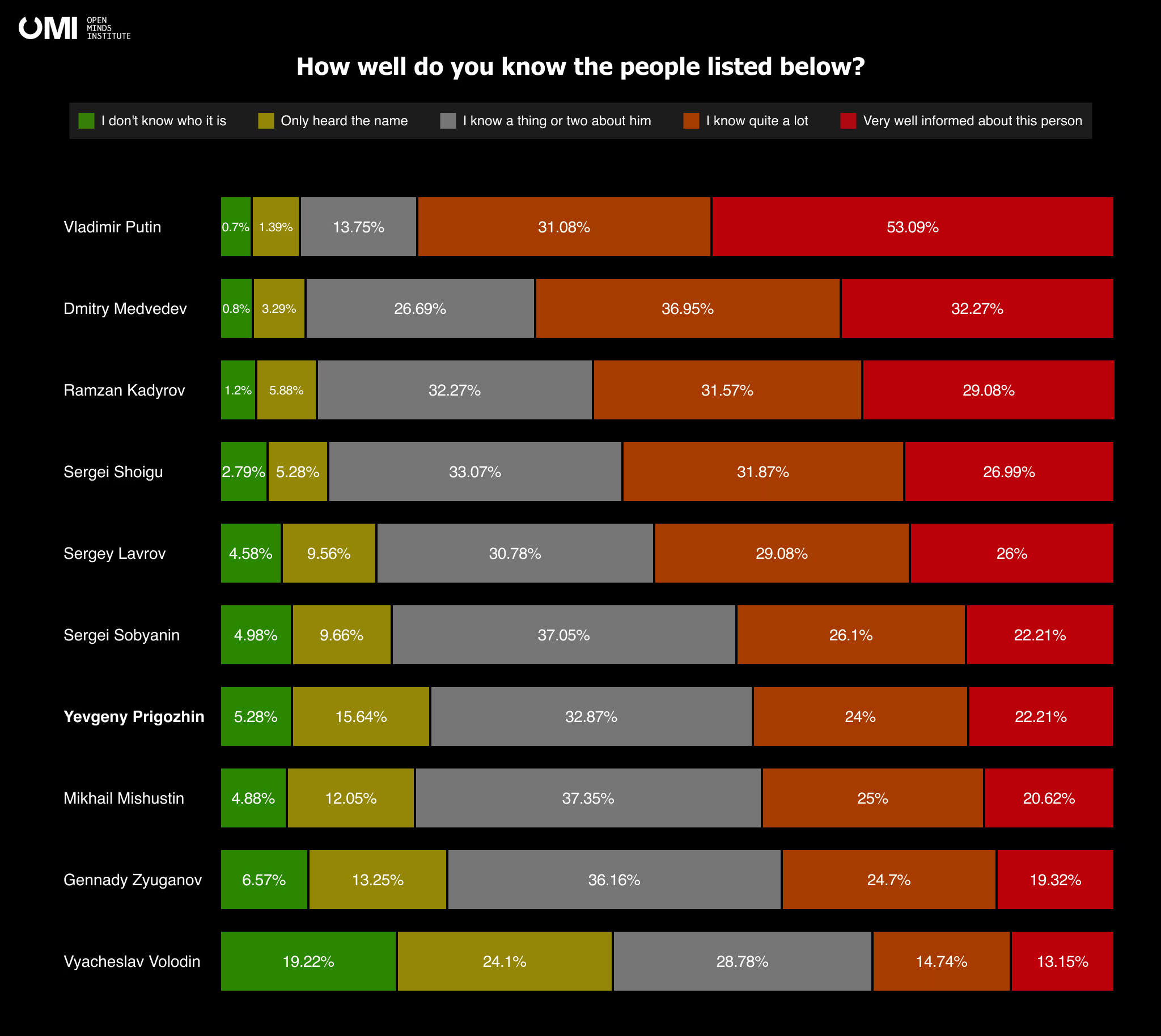
Still, Putin’s popularity beats Prigozhin’s as more respondents are eager to learn more about Putin. However, Prigozhin enjoys a notable lead over his closest rival by a margin of ten percentage points or more. This unequivocally demonstrates the significant interest in Prigozhin among many Russians.
.avif)
Despite his recognition, the majority of respondents envision other politicians as better suited for the presidency. Only 20.81% of respondents believe that Prigozhin is "rather able" or "able" to successfully lead Russia. Placed eighth in the rankings, between Shoigu (22.51%) and Volodin (12.84%), Prigozhin trails behind incumbent President Putin, who enjoys conditional support from 73.11% of respondents, while Ramzan Kadyrov holds 31.47%.
.avif)
Support for potential presidential candidates in Russia positively correlates with support for a "special military operation." What surprised us most is that Prigozhin's sympathizers are far less likely to be pro-war, alongside those who exhibit positive inclinations toward Gennady Zyuganov and Sergey Sobyanin, compared to Putin supporters.
.avif)
E. Prigozhin's sympathizers, although they are inclined to answer that the country is moving in the right direction, do so much less willingly than the sympathizers of the overwhelming majority of other characters whose presidency was asked about in the study.
.avif)
In a way, these “anti-war” and “critical” (compared to most other politicians) convictions are also manifested in the fact that men, who believe that Yevgeny Prigozhin could successfully lead Russia, respond that they are less ready to take a personal part in the war against Ukraine, unlike the sympathizers of most other politicians.
.avif)
Respondents perceive Prigozhin as a determined, dominant, and effective individual. While these qualities are acknowledged, they also value kindness, sympathy, and intelligence in their ideal president. However, Prigozhin is seen as more independent, contrasting with the often-circulated notion of him being a puppet of the Kremlin or its "towers." Notably, respondents perceive him as more cruel and less kind and compassionate than their preferred presidential candidate.
.avif)
Analyzing the various hypotheses related to Prigozhin, we highlighted two key observations:
- Prigozhin has successfully crafted a populist image, positioning himself as someone who cares about his fighters and opposes the oligarchy. While some believe he is under the control of Kremlin handlers or lacks significant political weight, a prevailing perception sees him as a distinct figure.
- A significant portion of respondents provides average answers, indicating the absence of a clear stance on Prigozhin. This suggests both the potential for his popularity to grow and the formation of negative attitudes toward him.

{{margin-big}}
Conclusion
{{margin-small}}
Evgeniy Prigozhin is a recognizable figure in Russia, attracting significant interest. Russians consider him capable enough to run the country, although most respondents prefer other politicians. Prigozhin is perceived as a decisive and effective leader, but he also seems to be tougher and less intelligent than the desired president should be.
He had successfully created a populist image of a caring military commander and a "the people’s hero" opposing oligarchs. Almost half of the respondents did not have a clearly formulated attitude towards Prigozhin one day prior to his riot. In the next report, we will examine how the mutiny changed those views.

.svg)





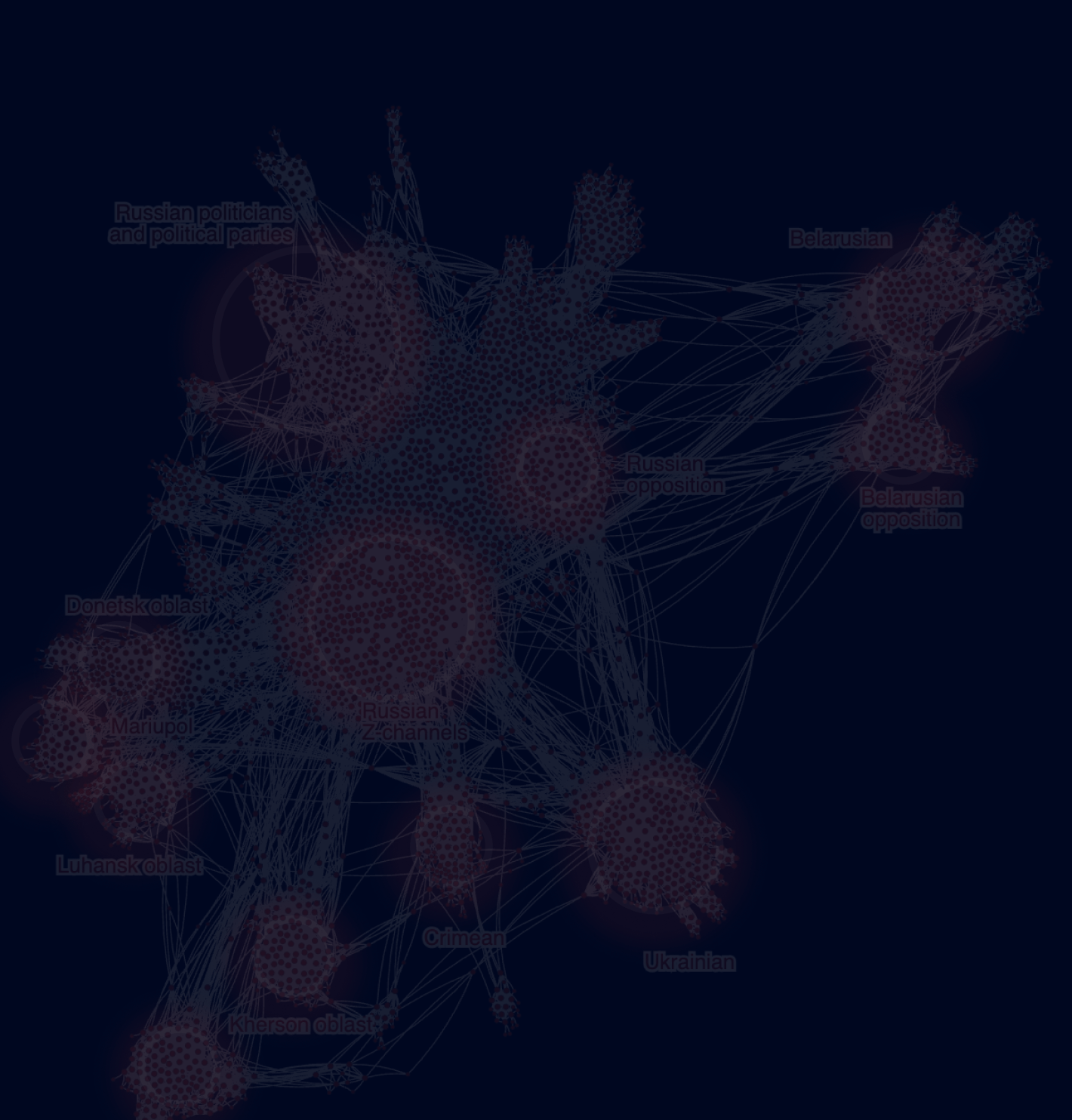
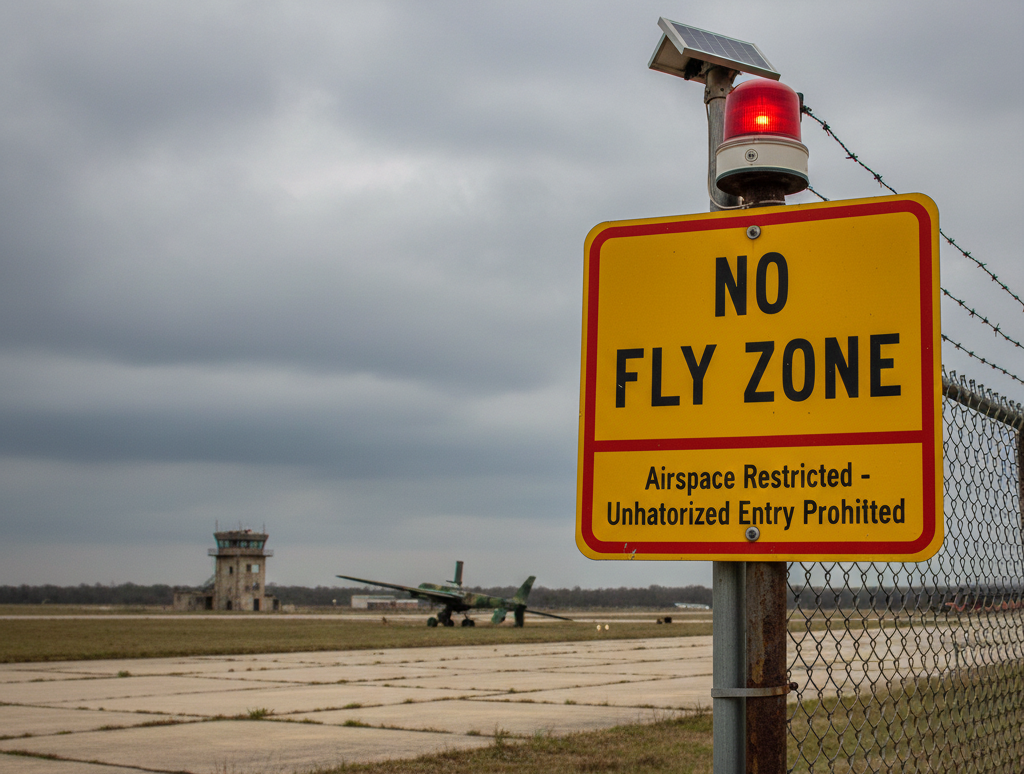
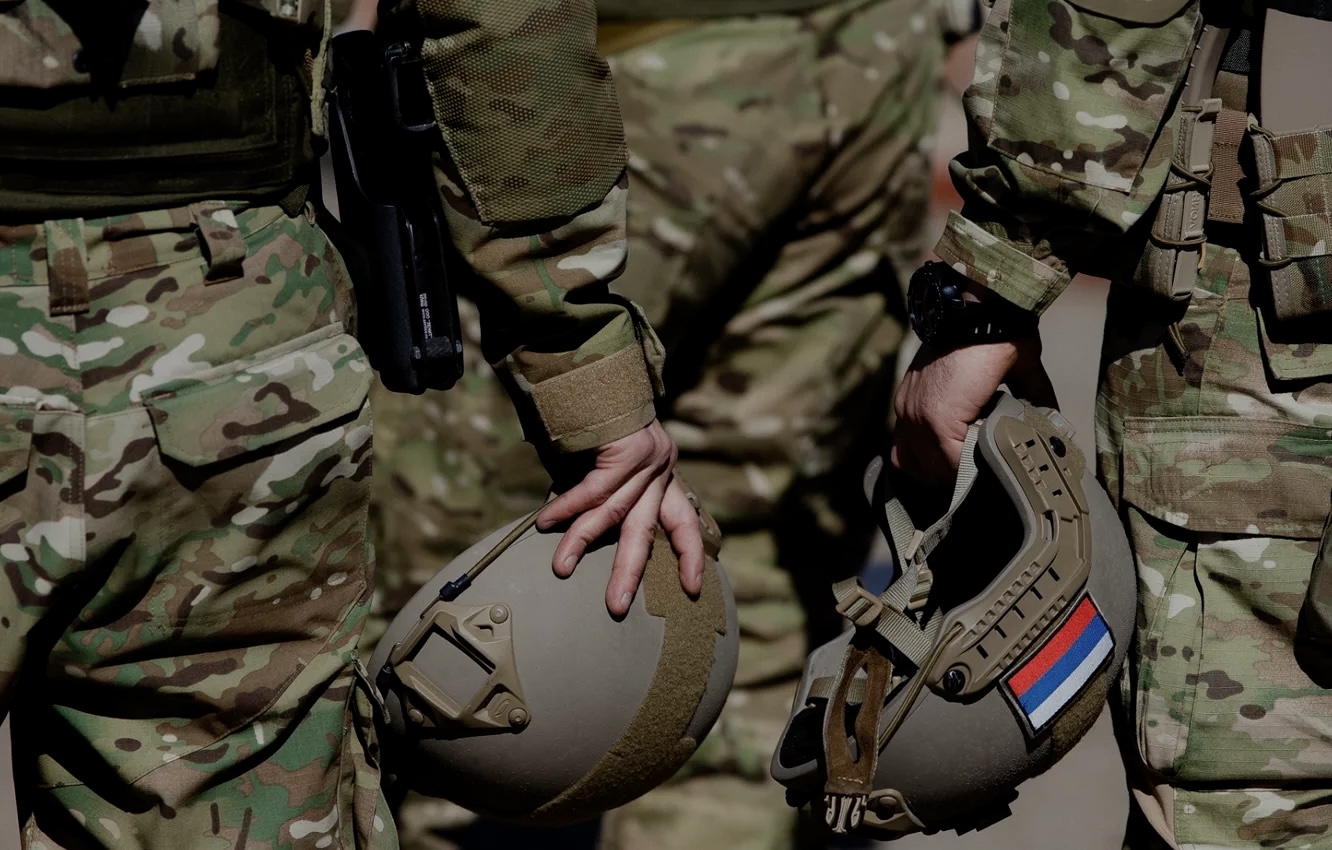

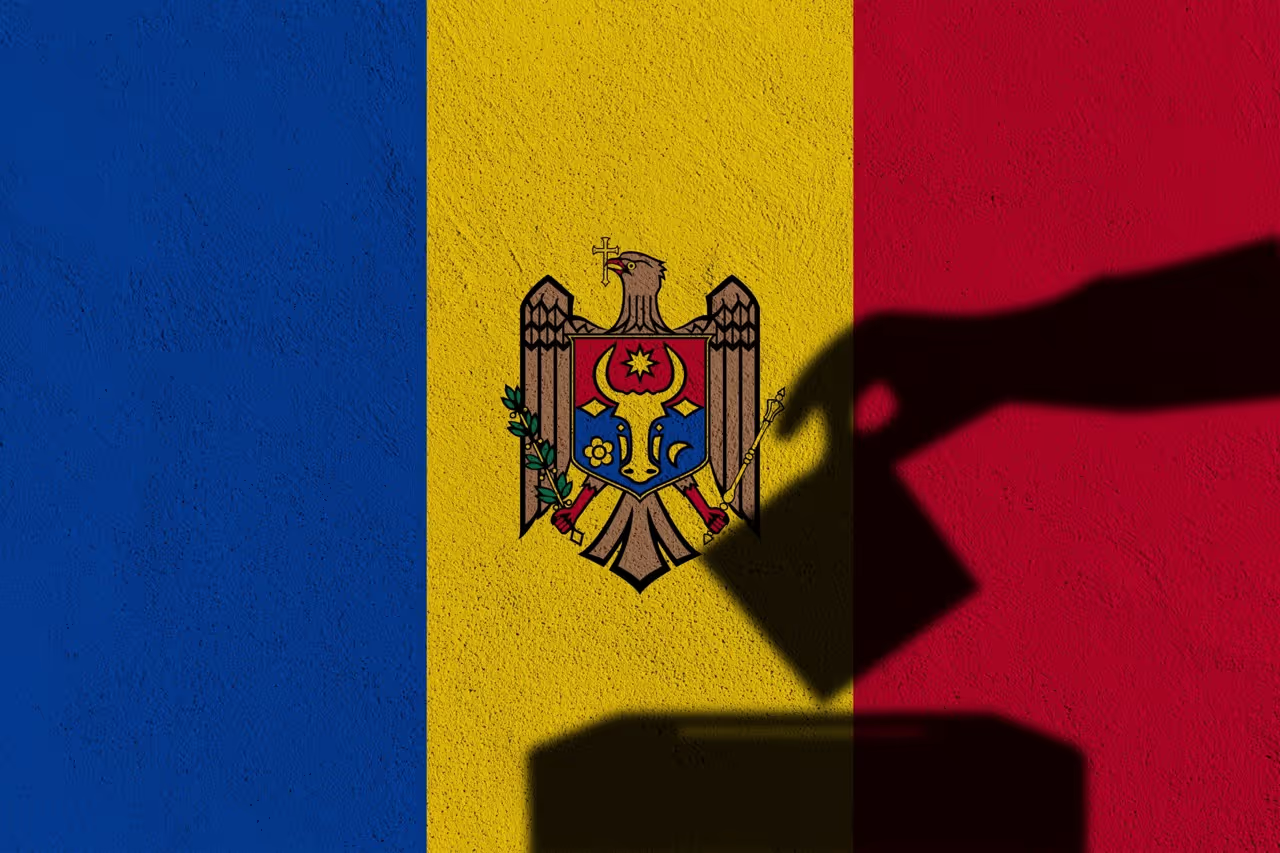
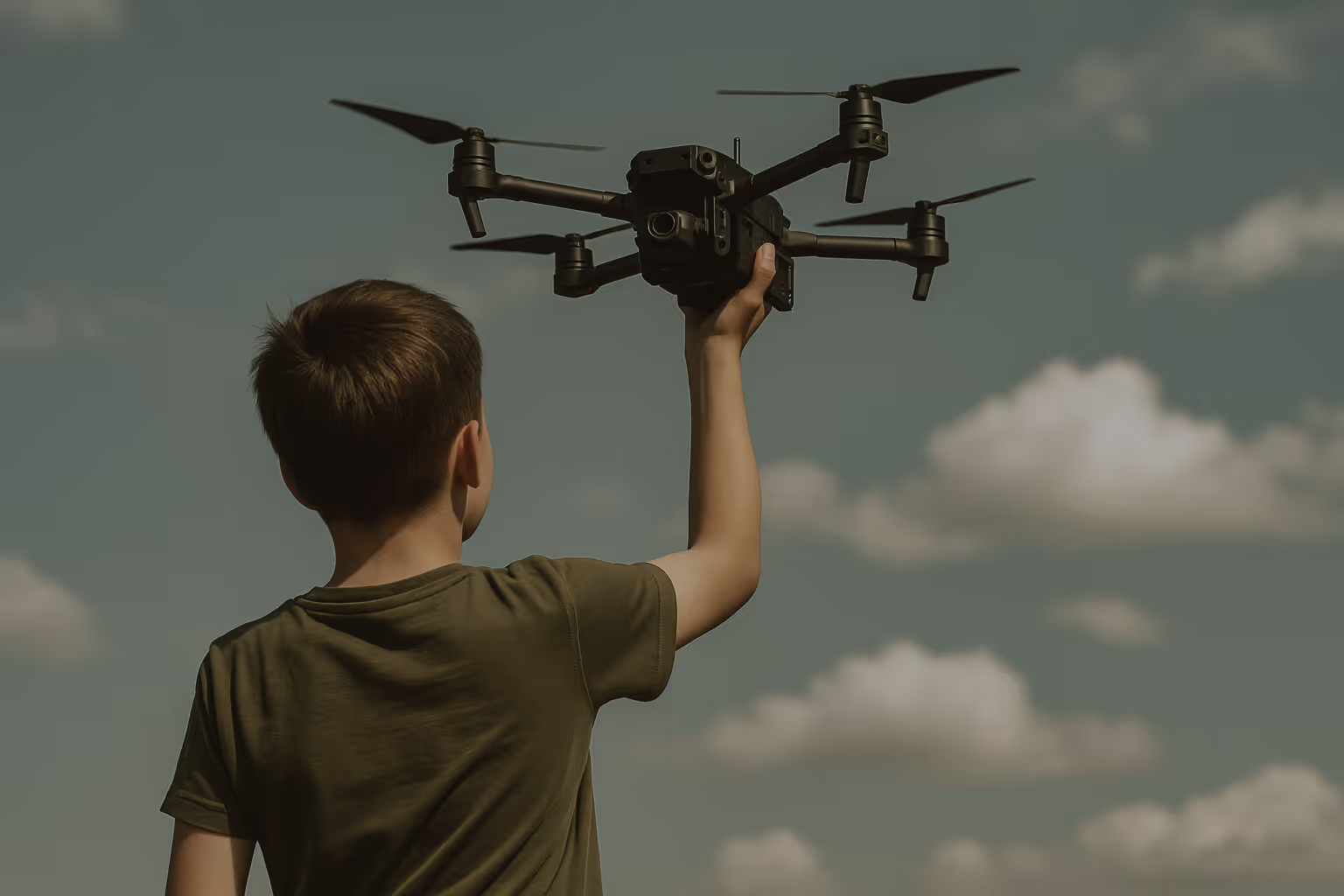
.avif)
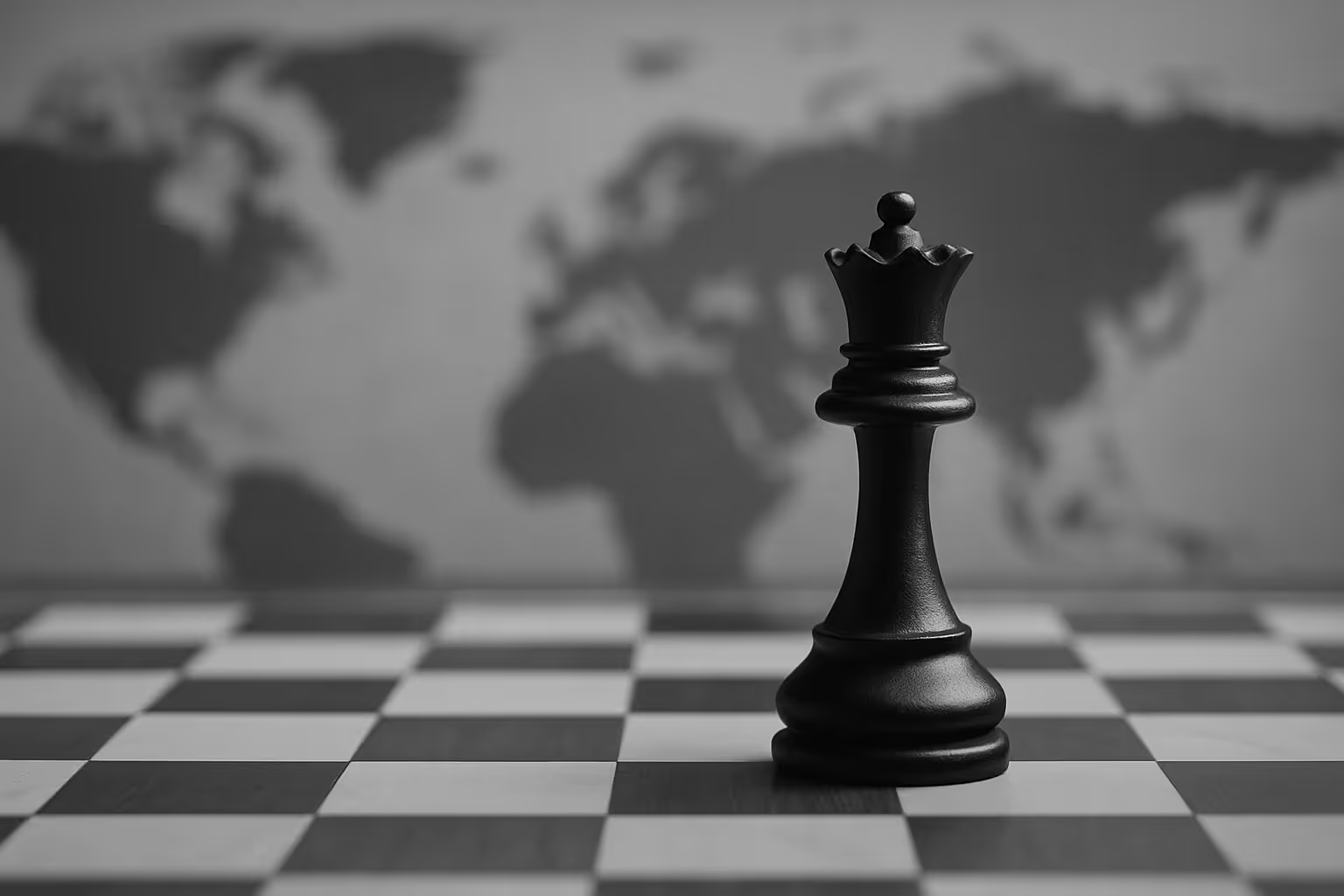

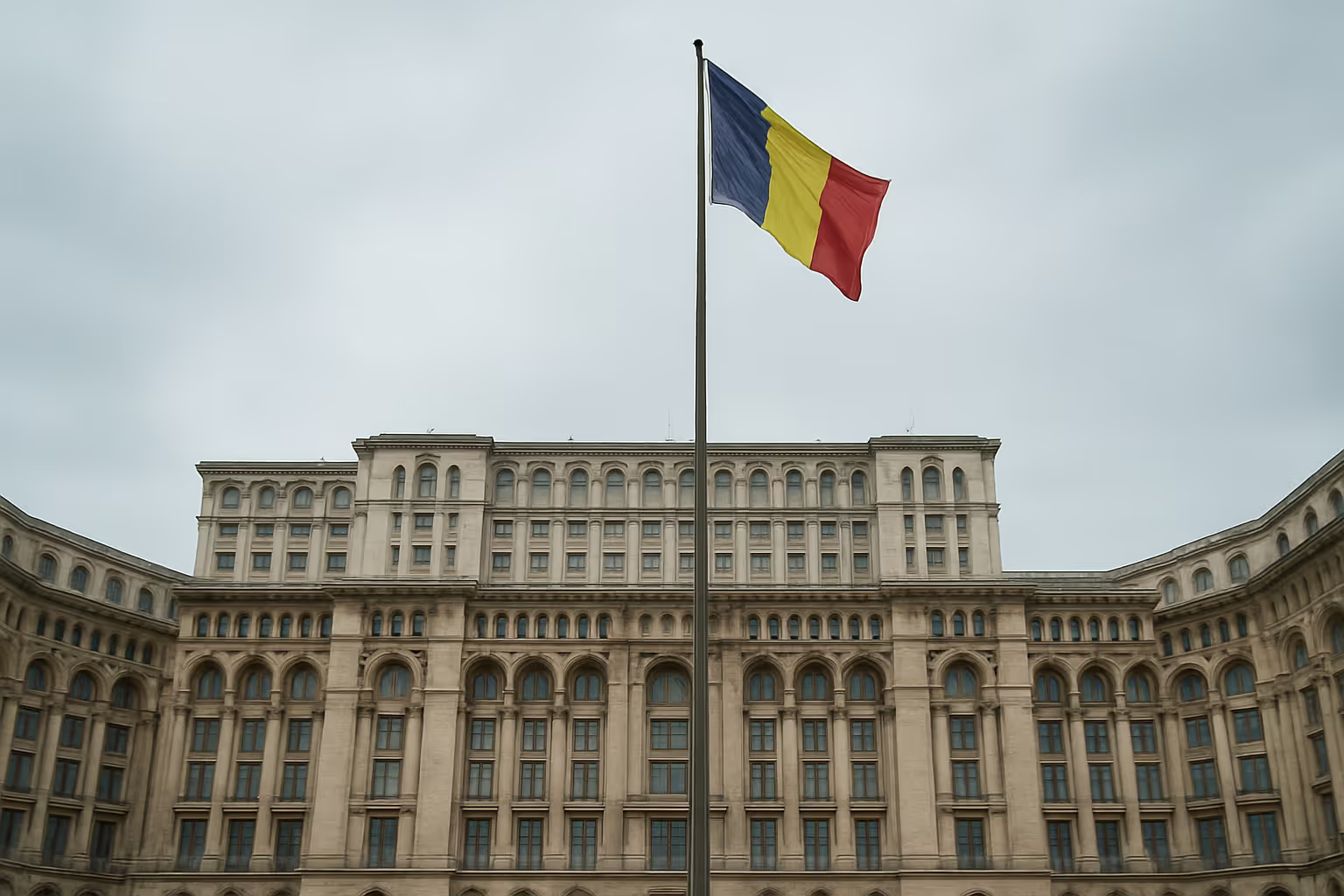
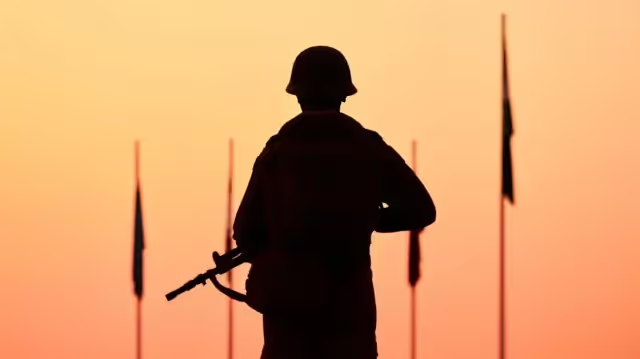
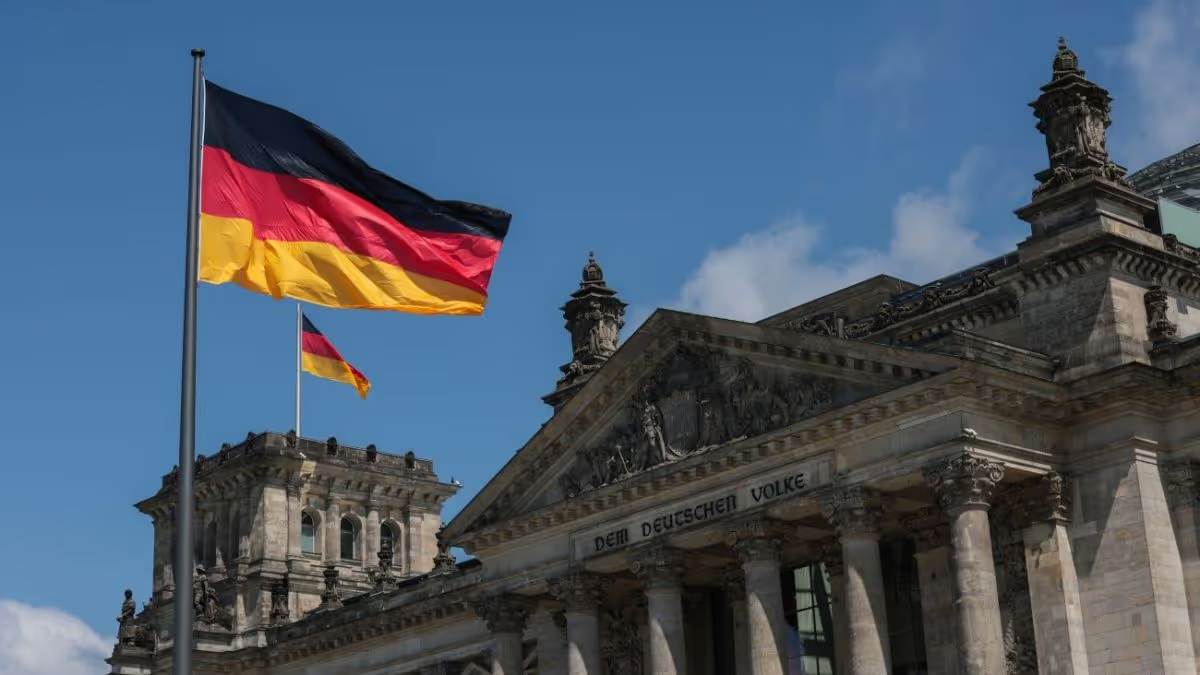
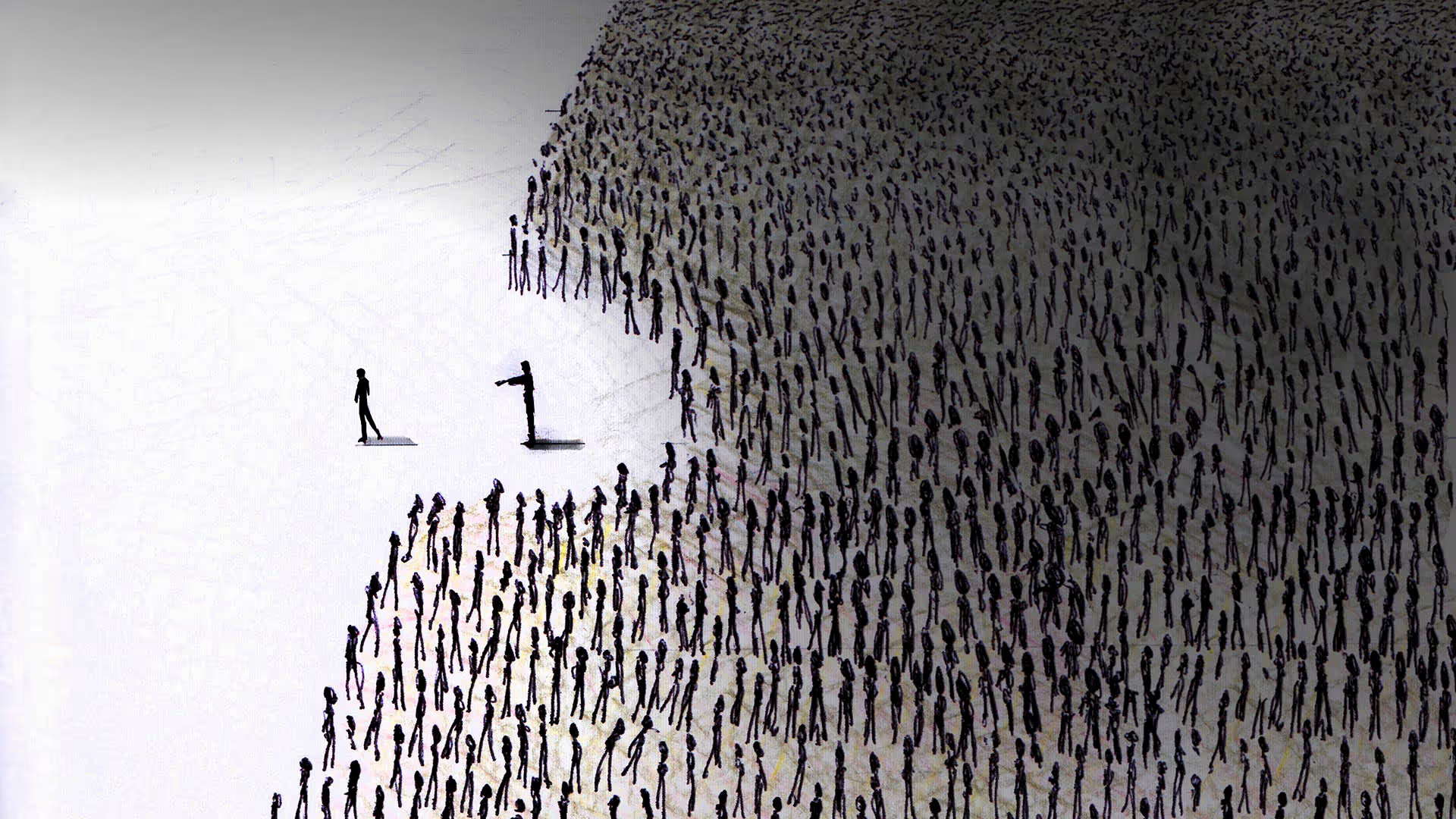
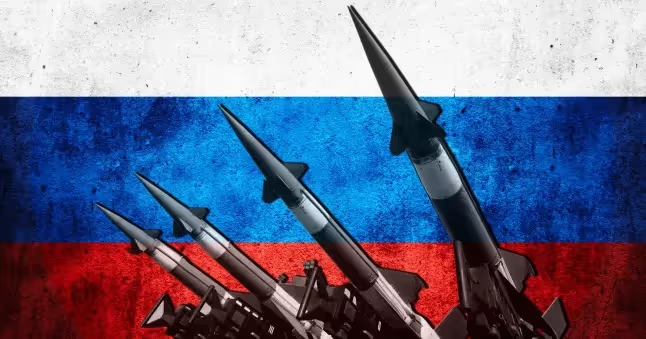
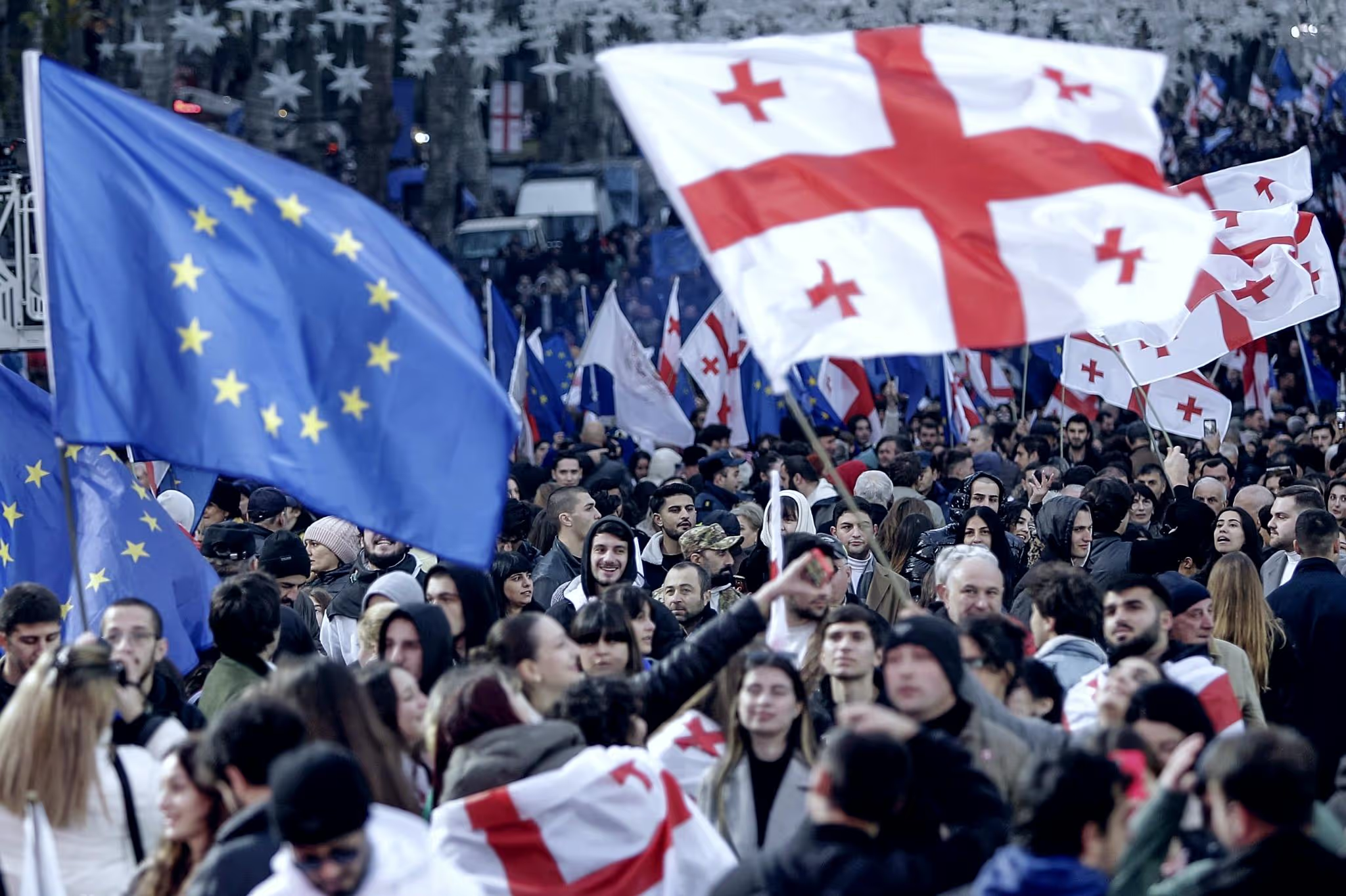
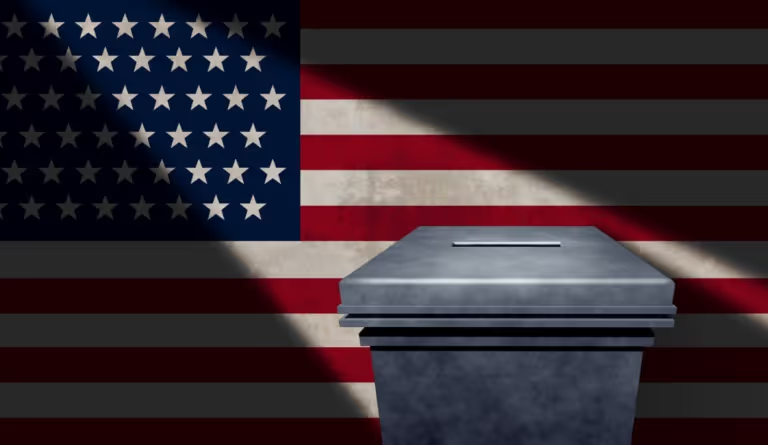



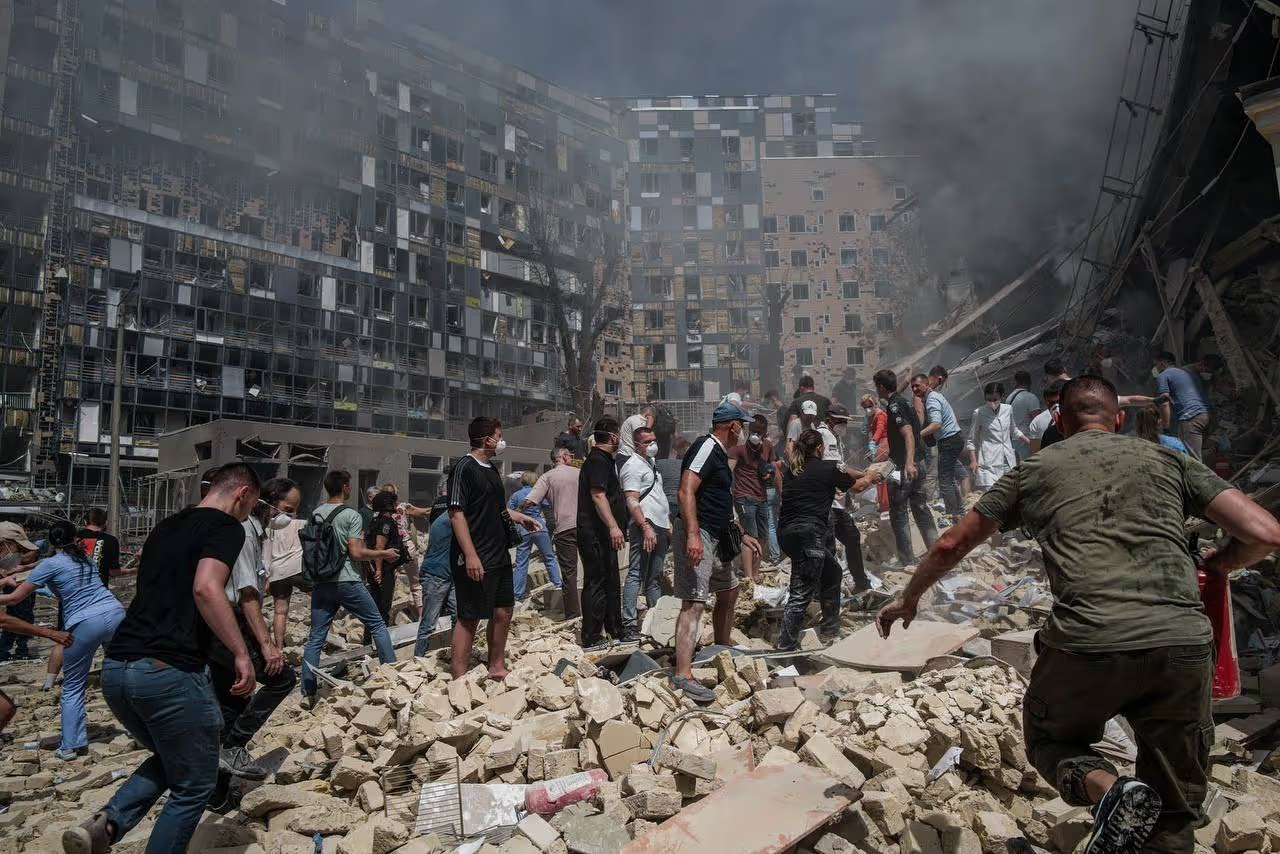

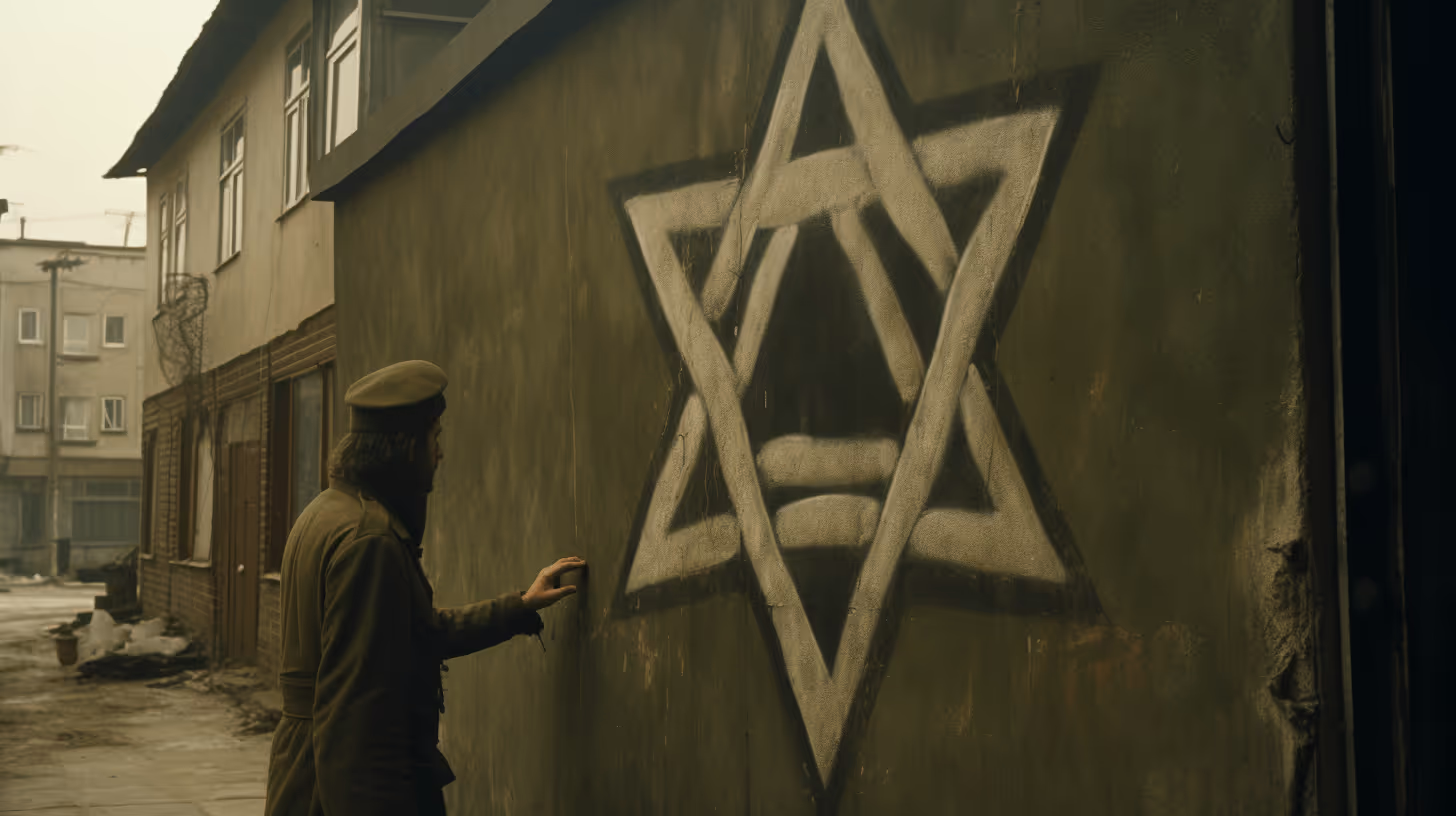
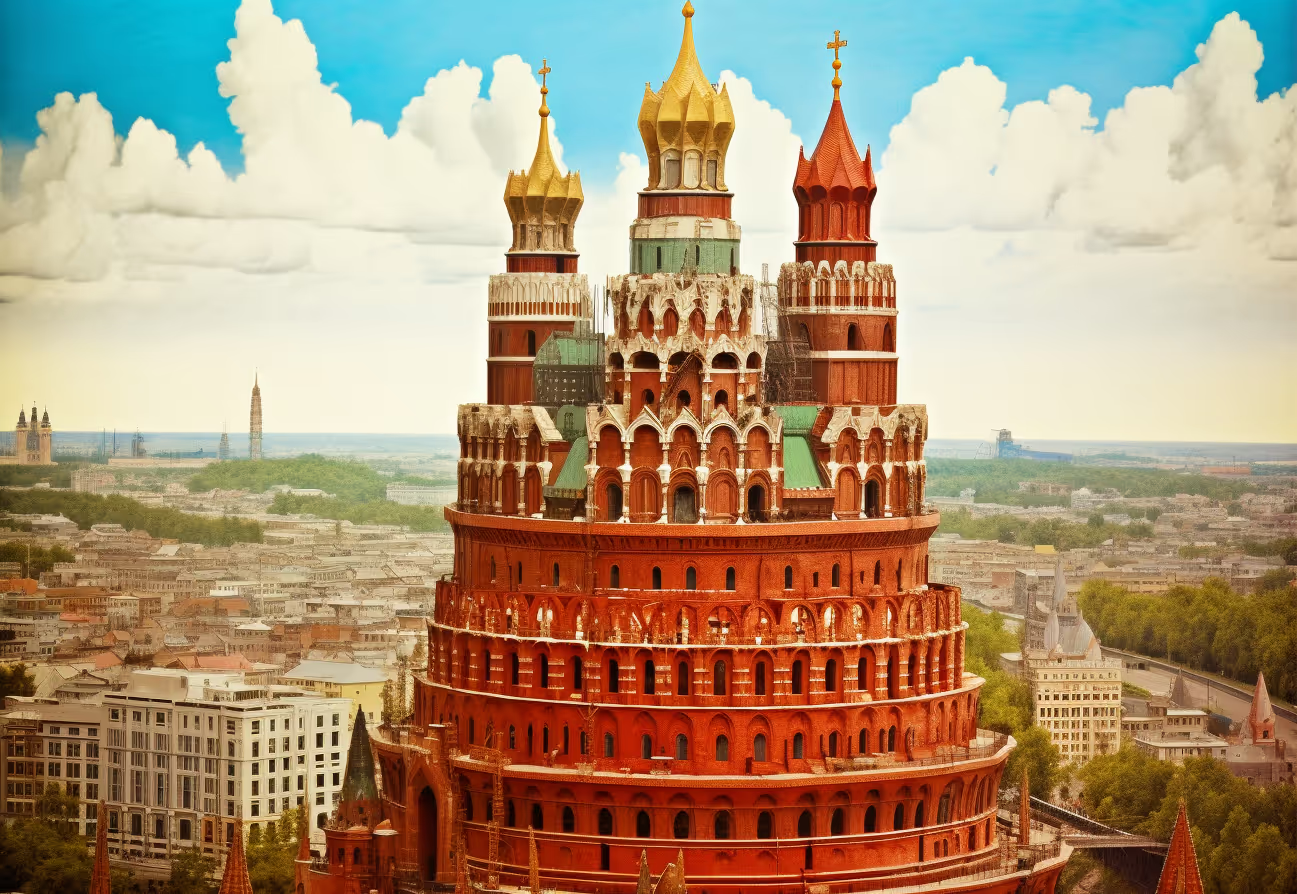
.avif)
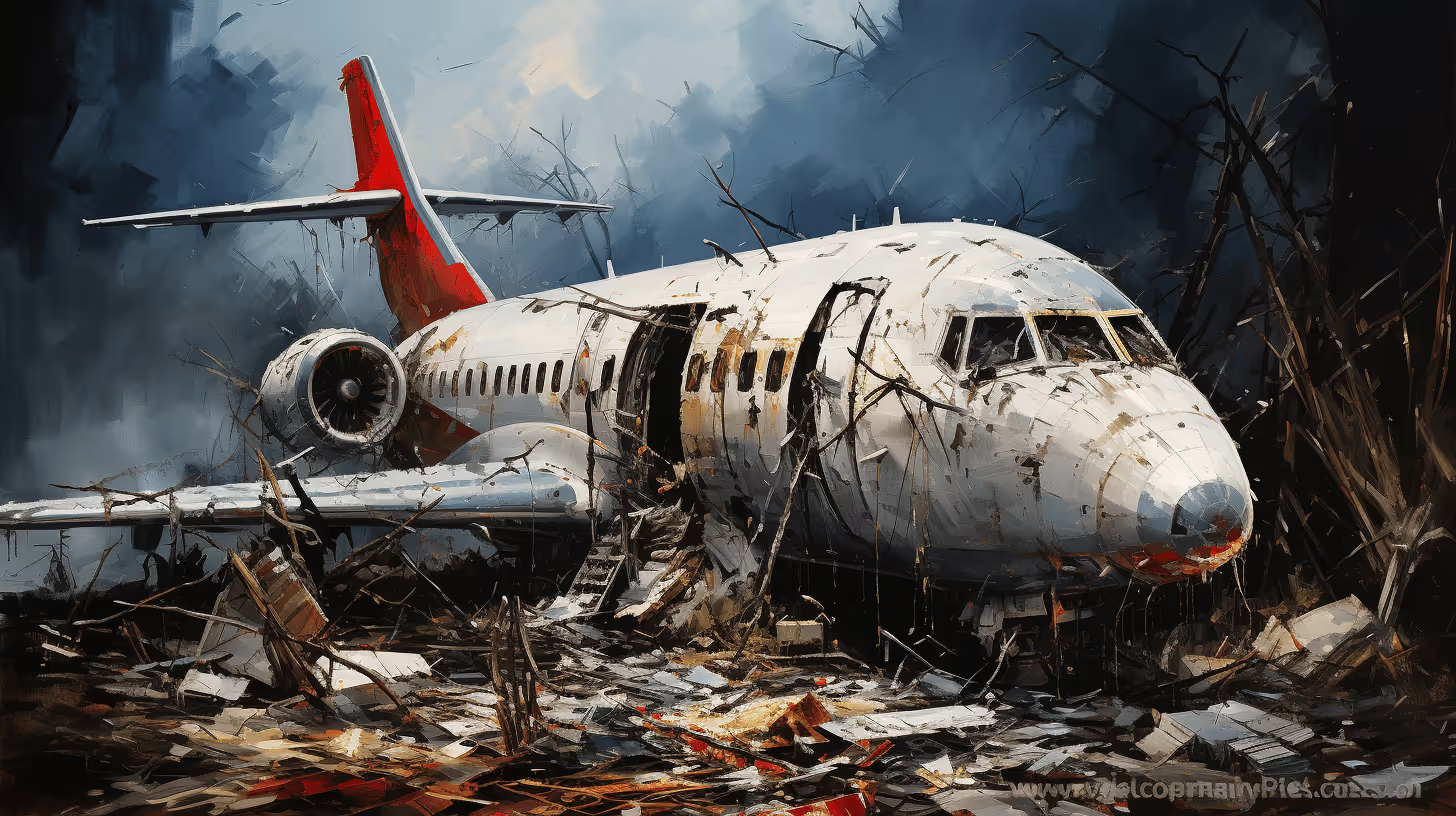
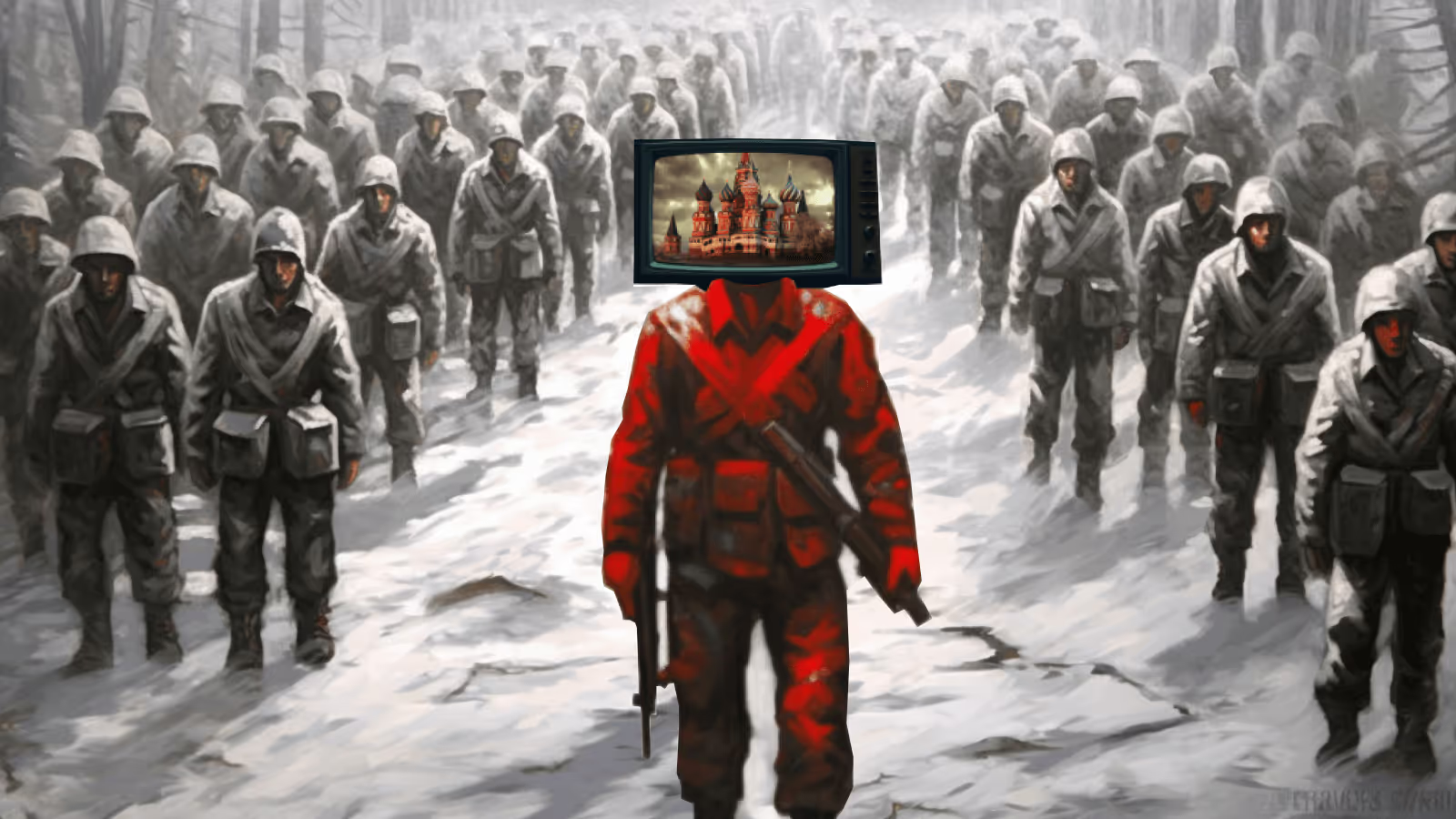
.avif)
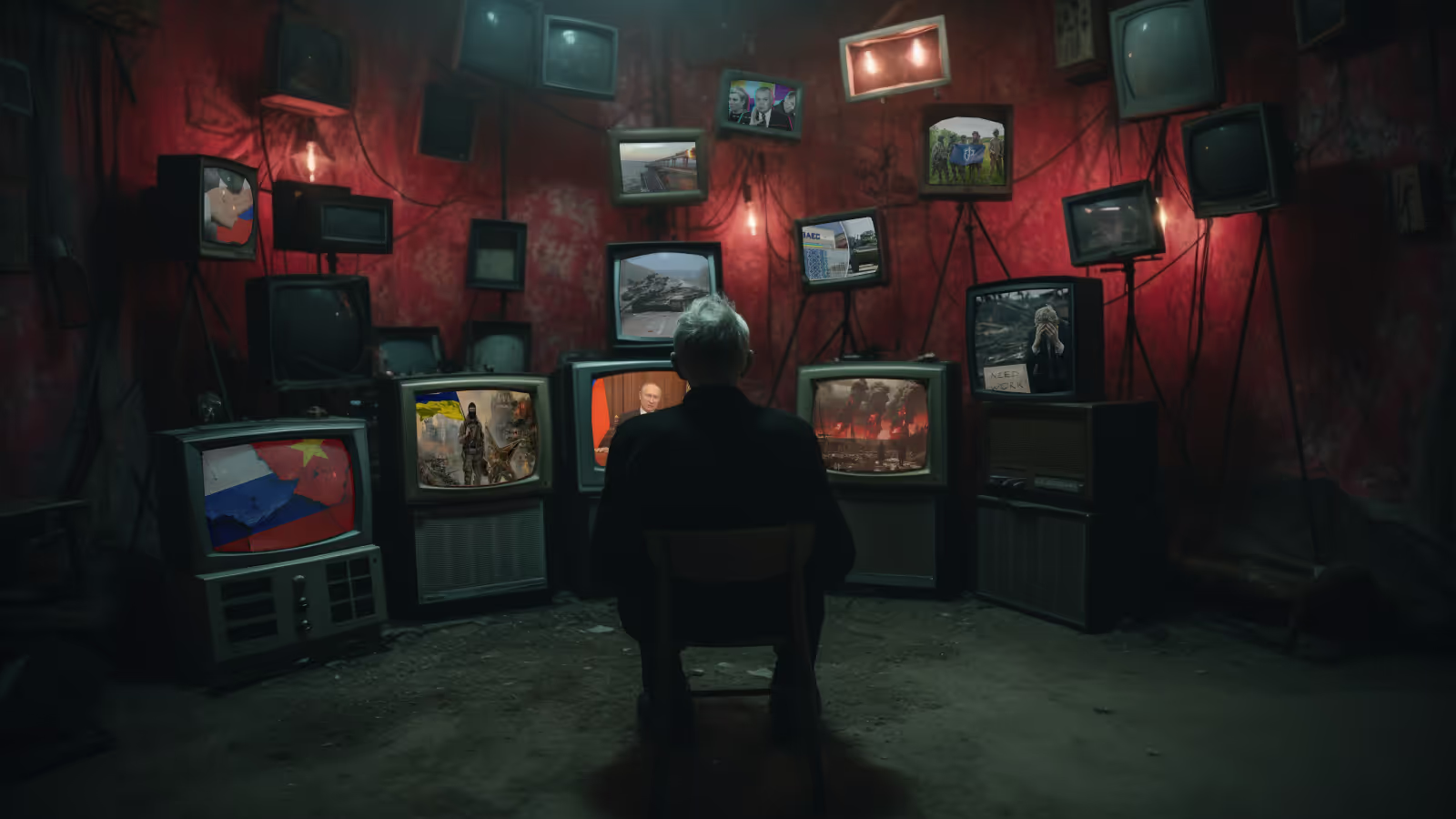
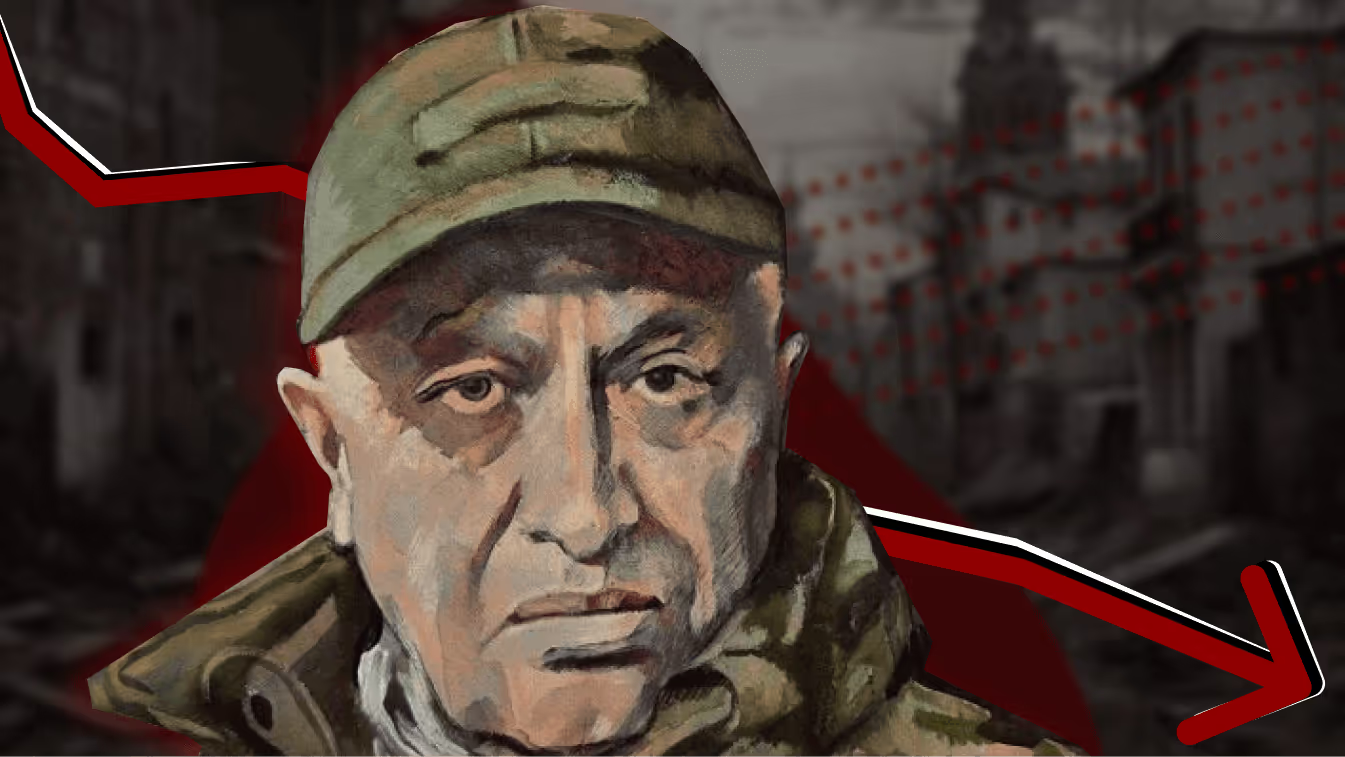
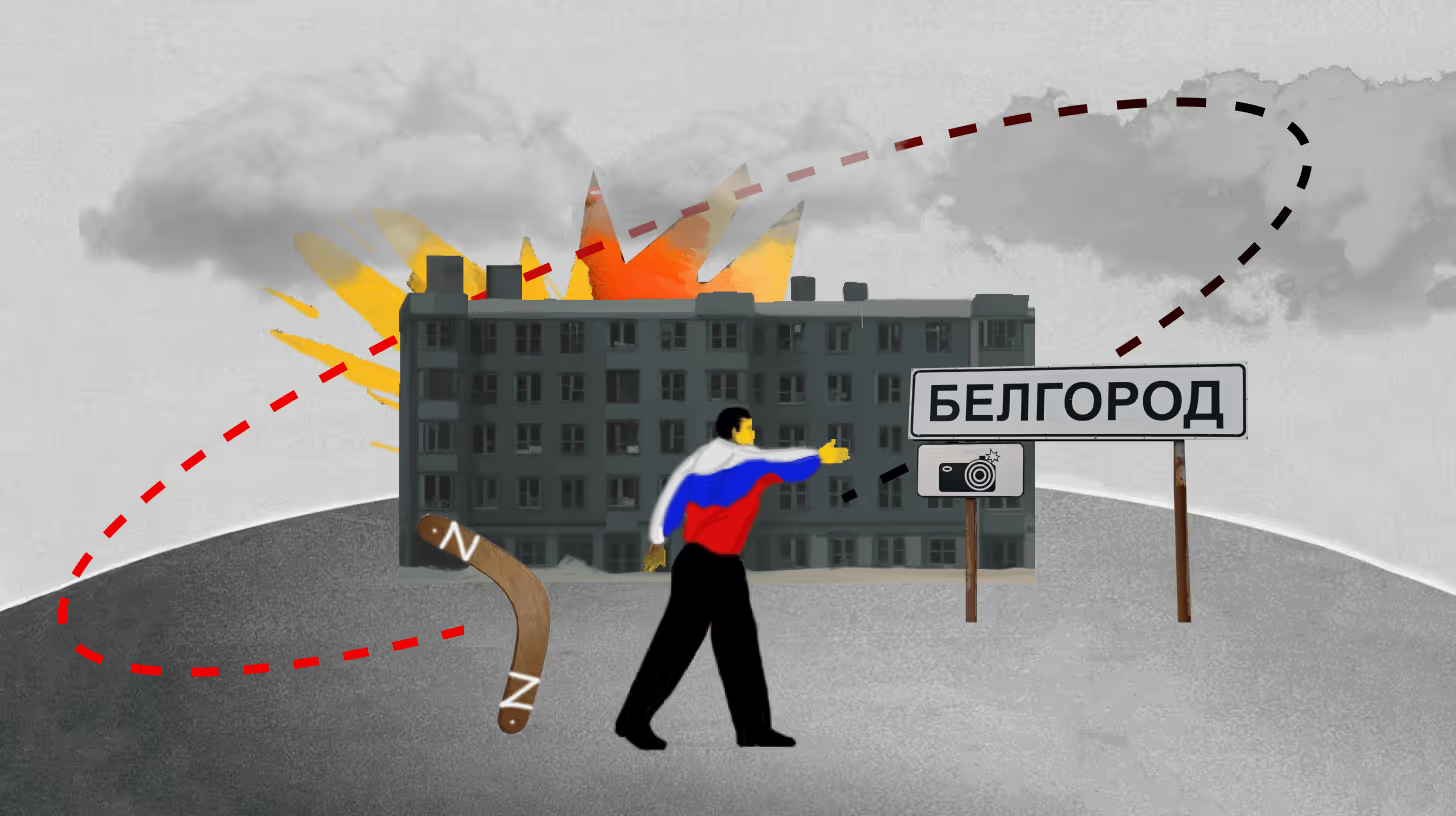
.avif)
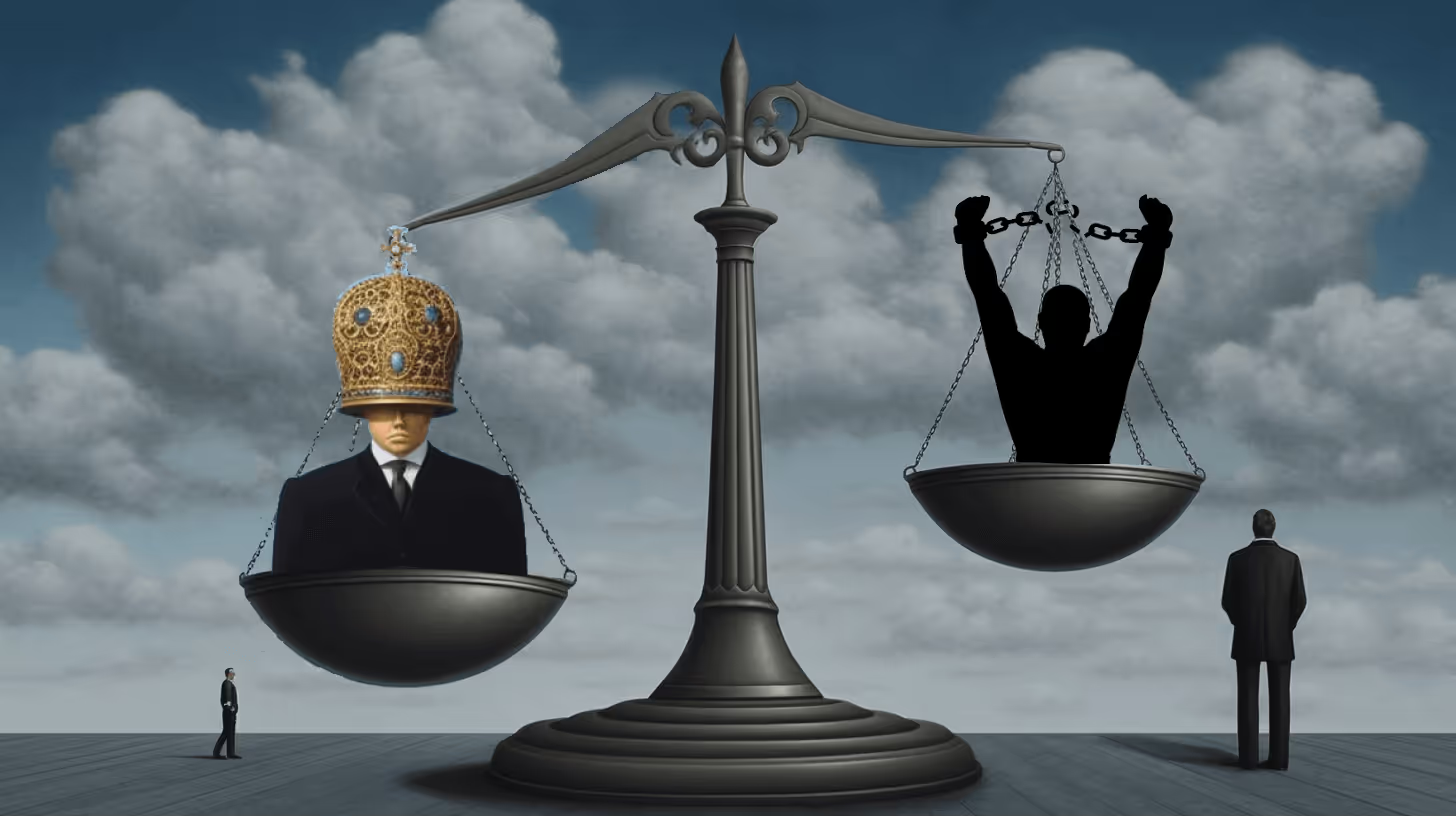
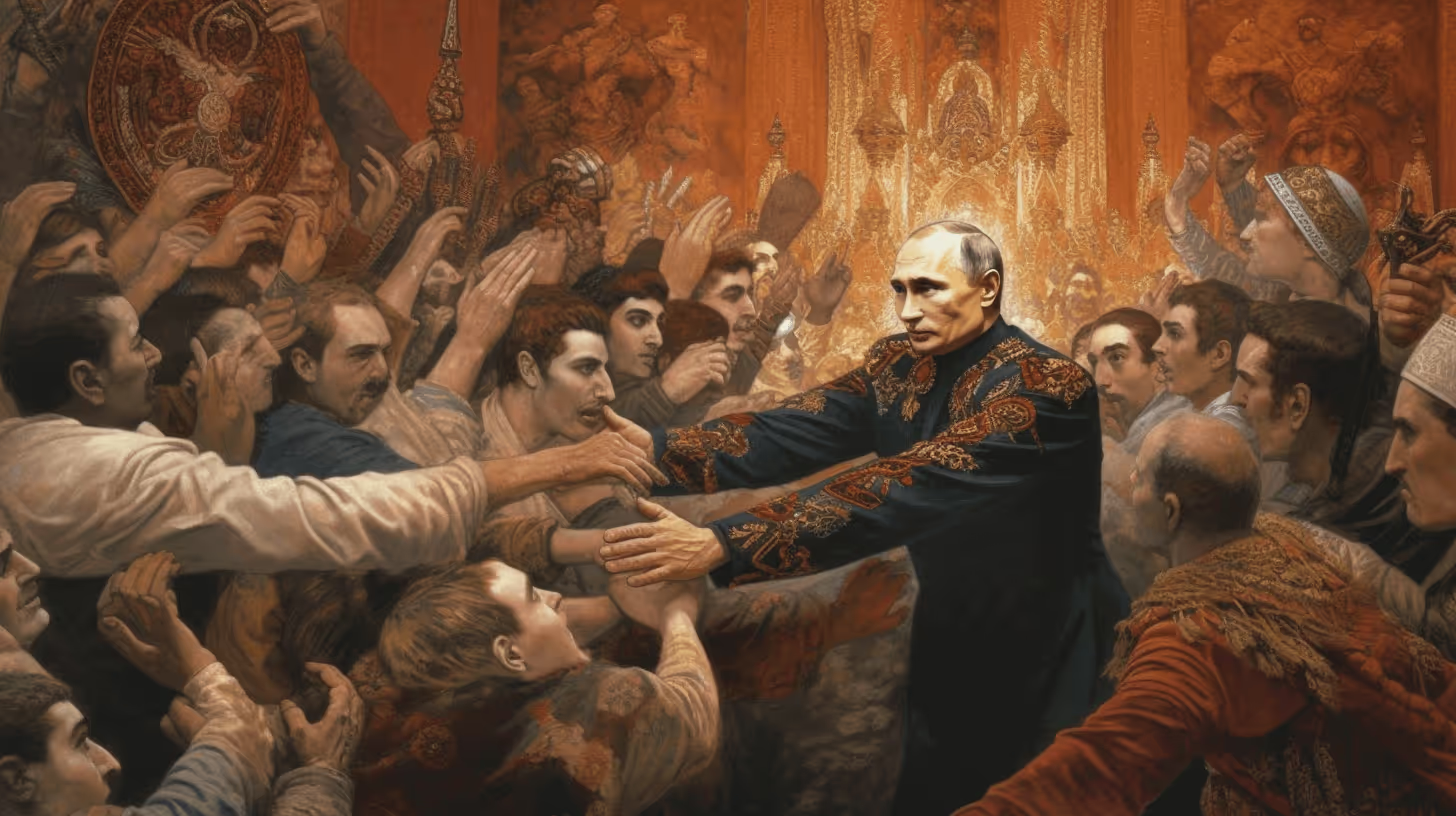
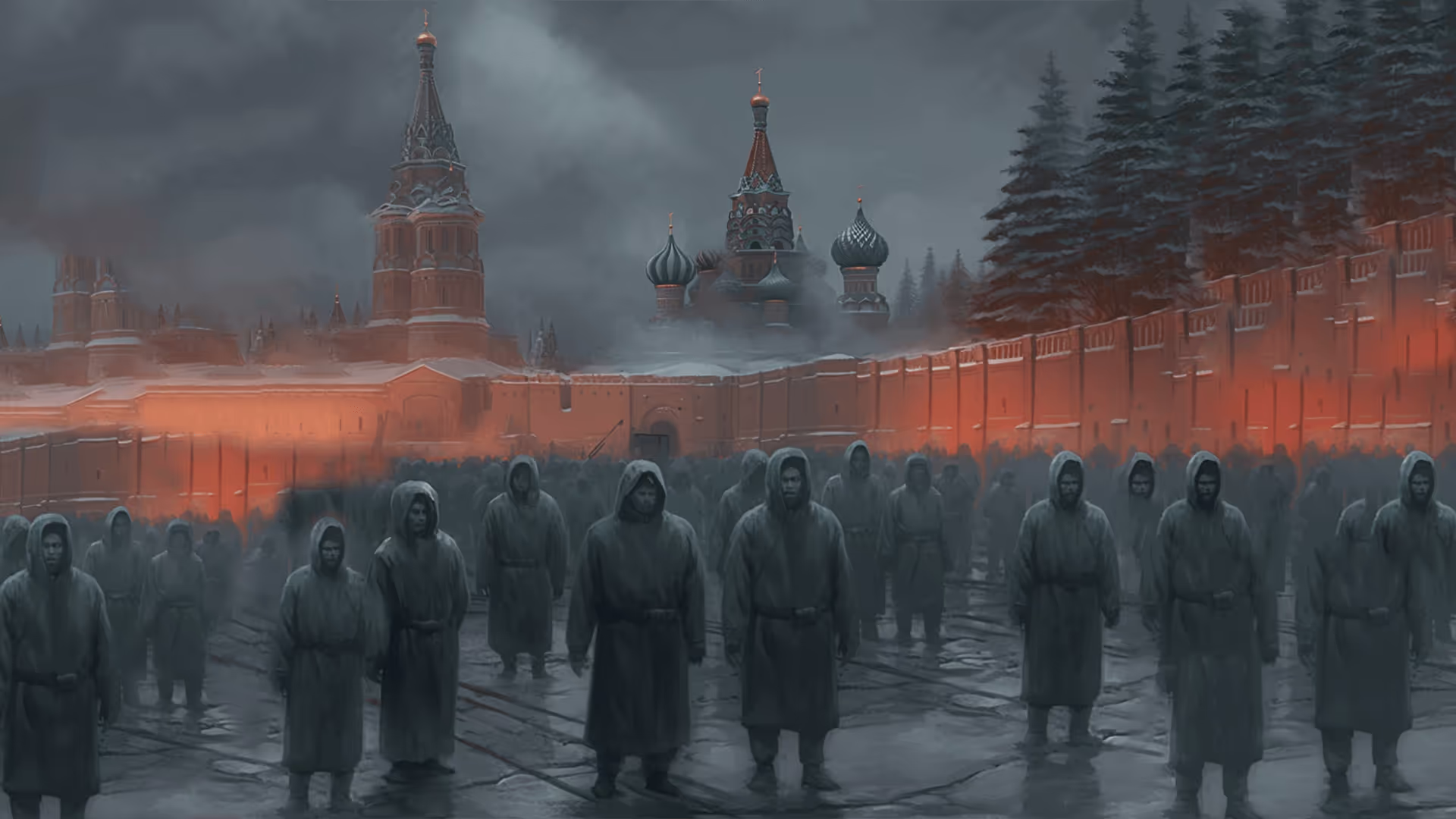
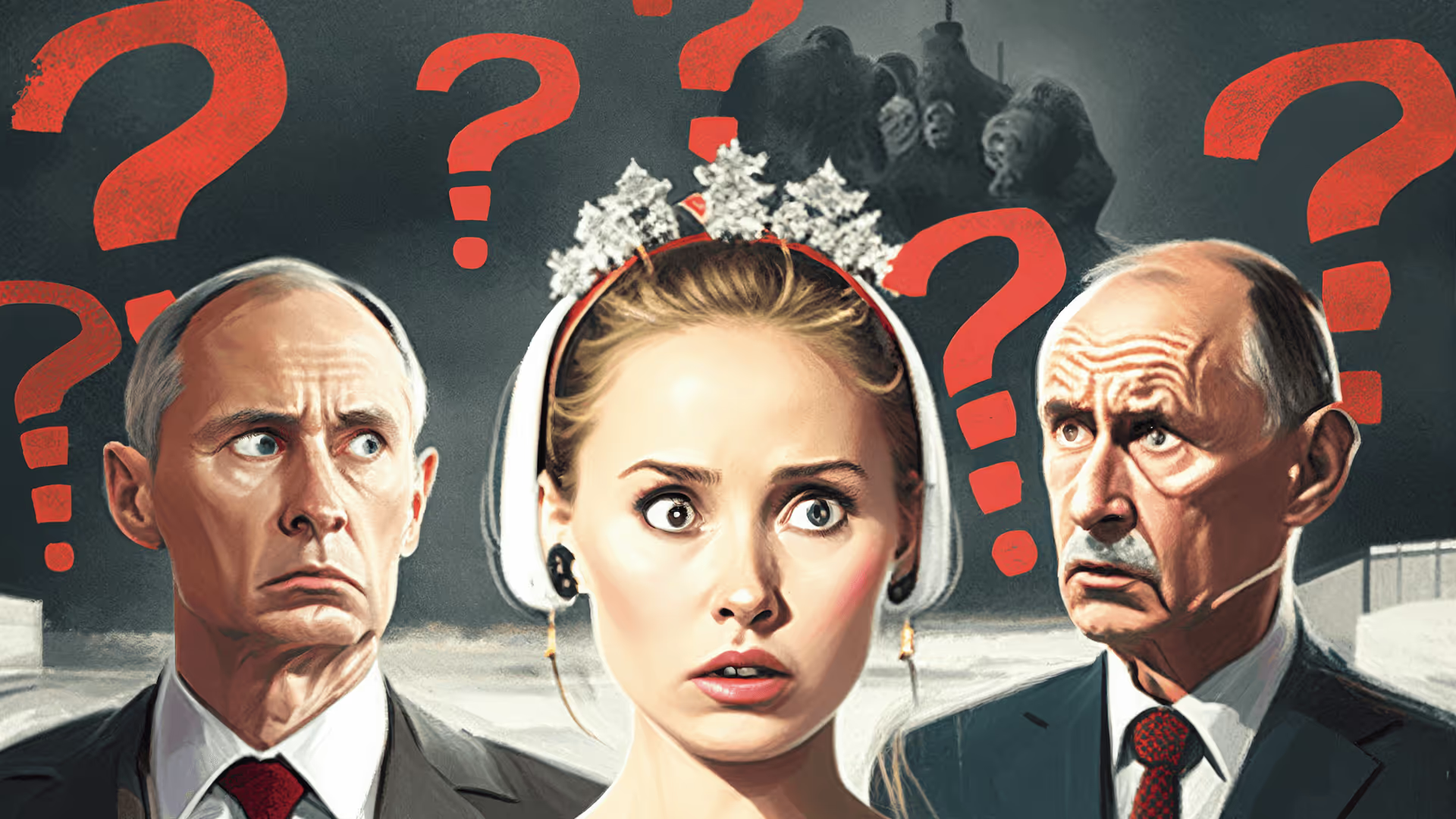
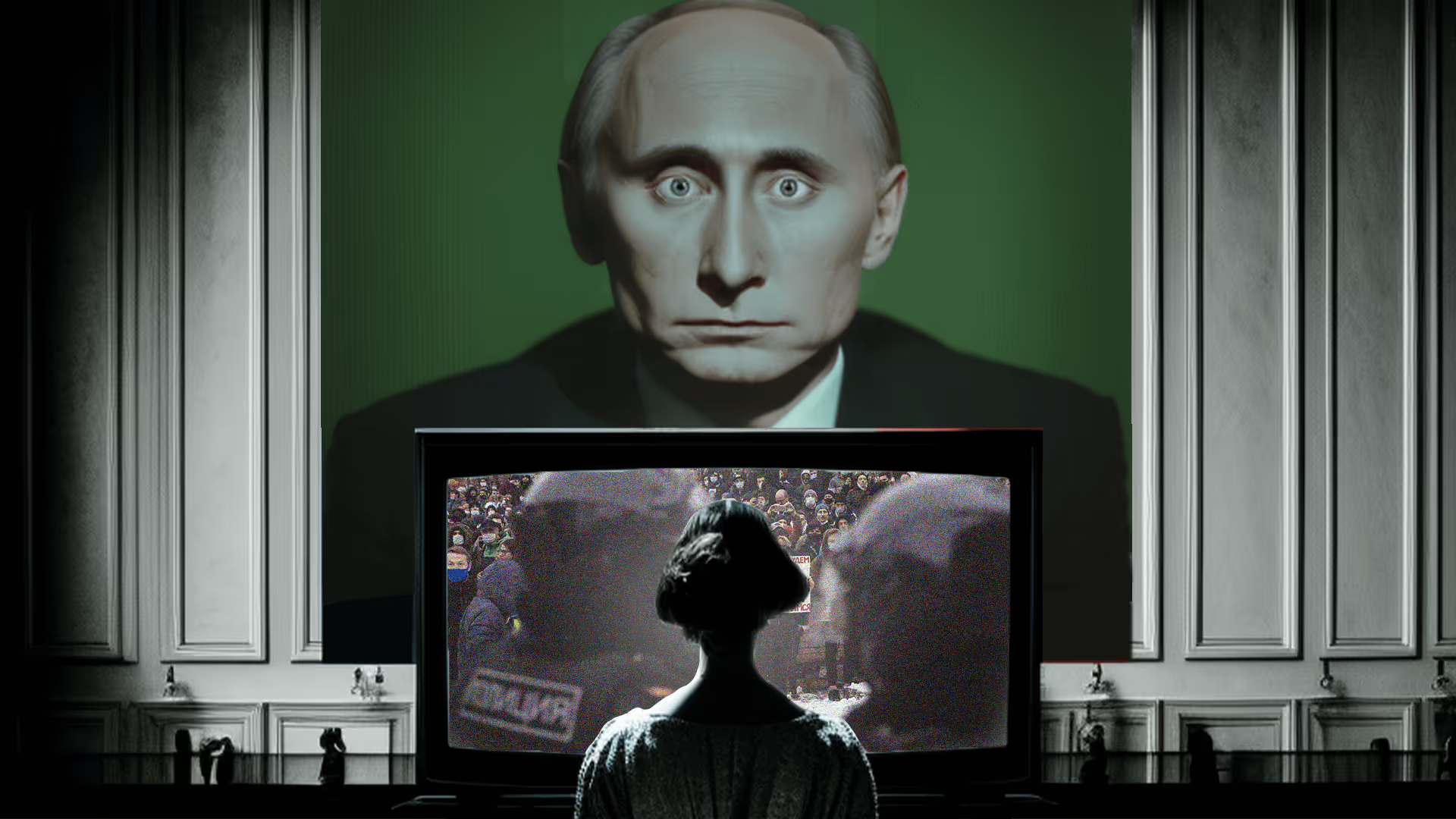



-01-2.avif)
-01.avif)
-01.avif)

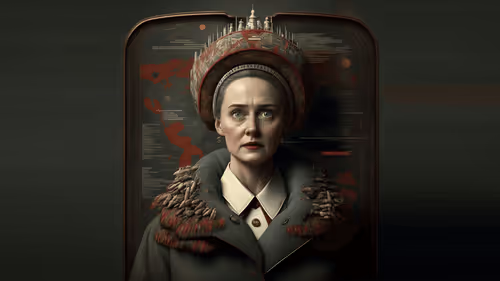


-01%25202-p-500.avif)







